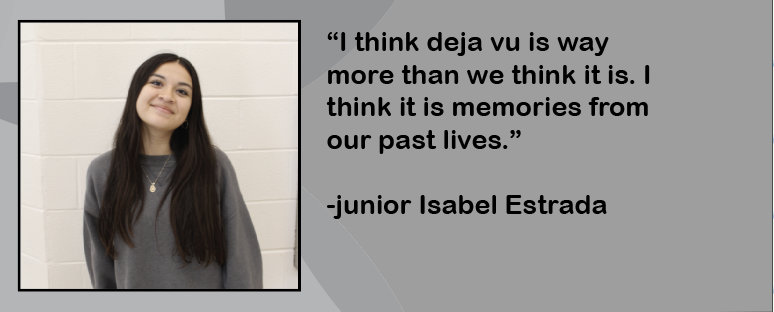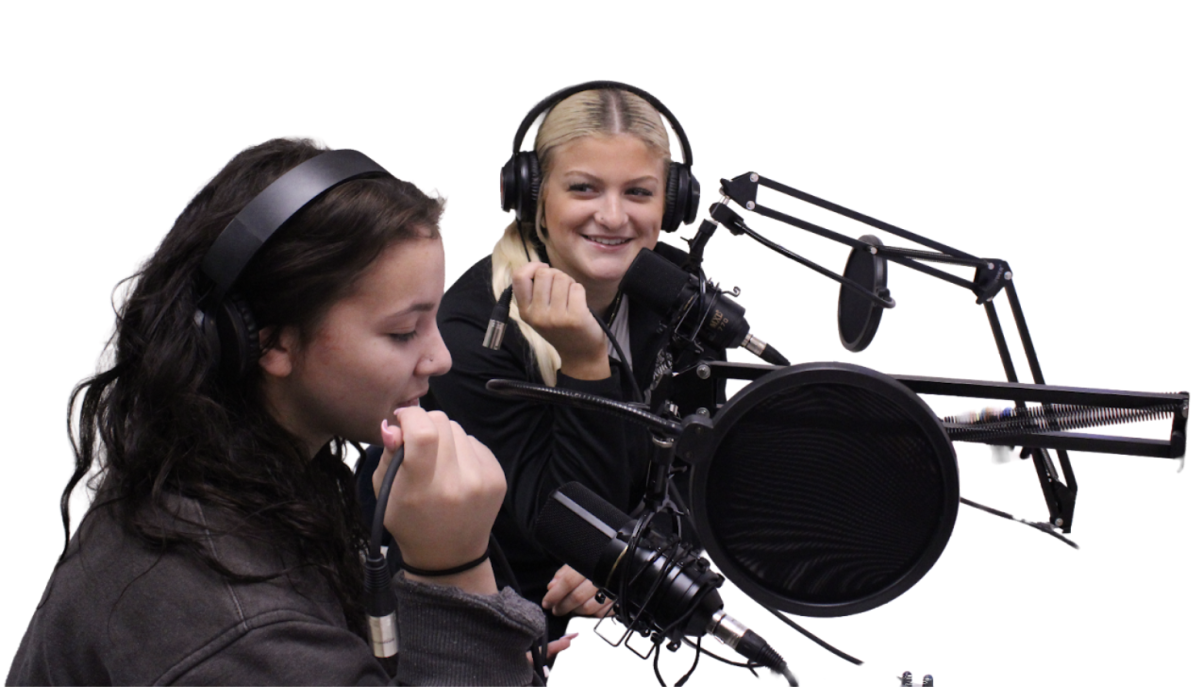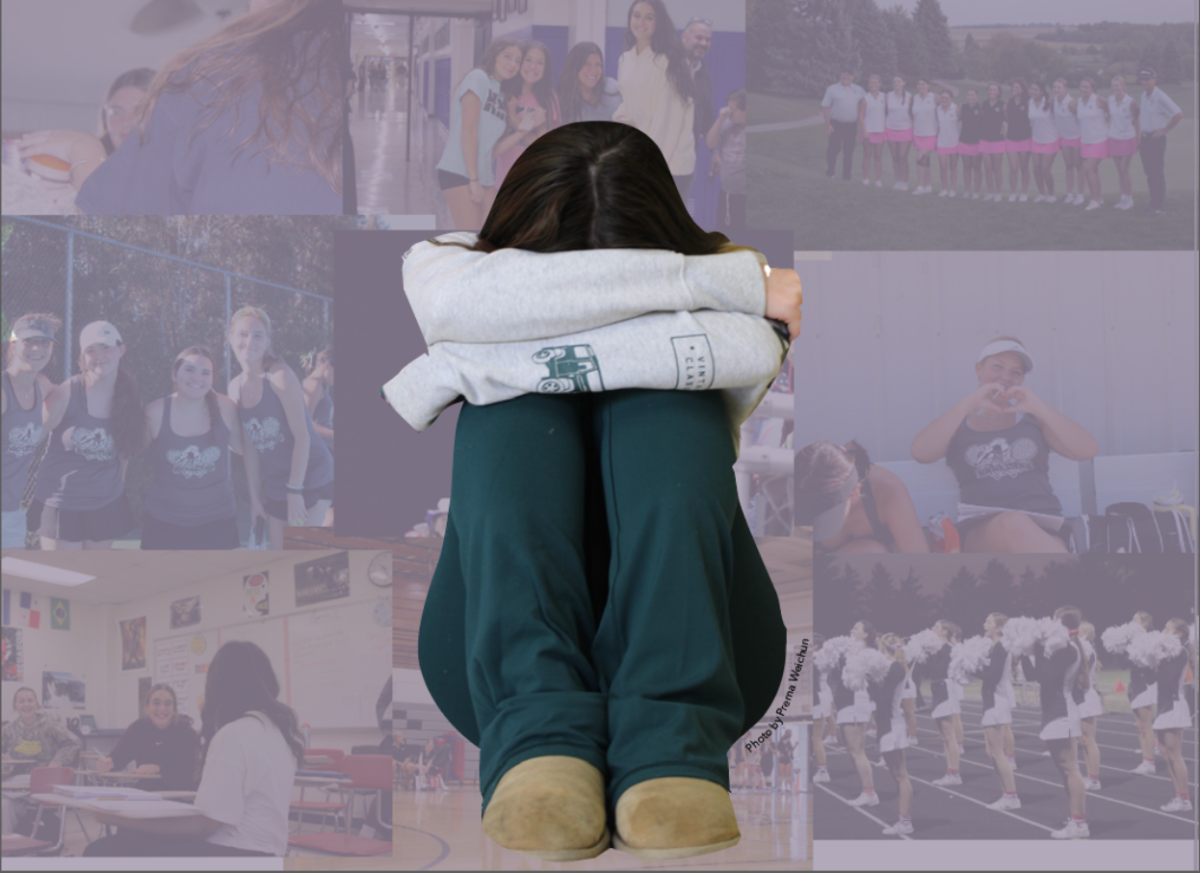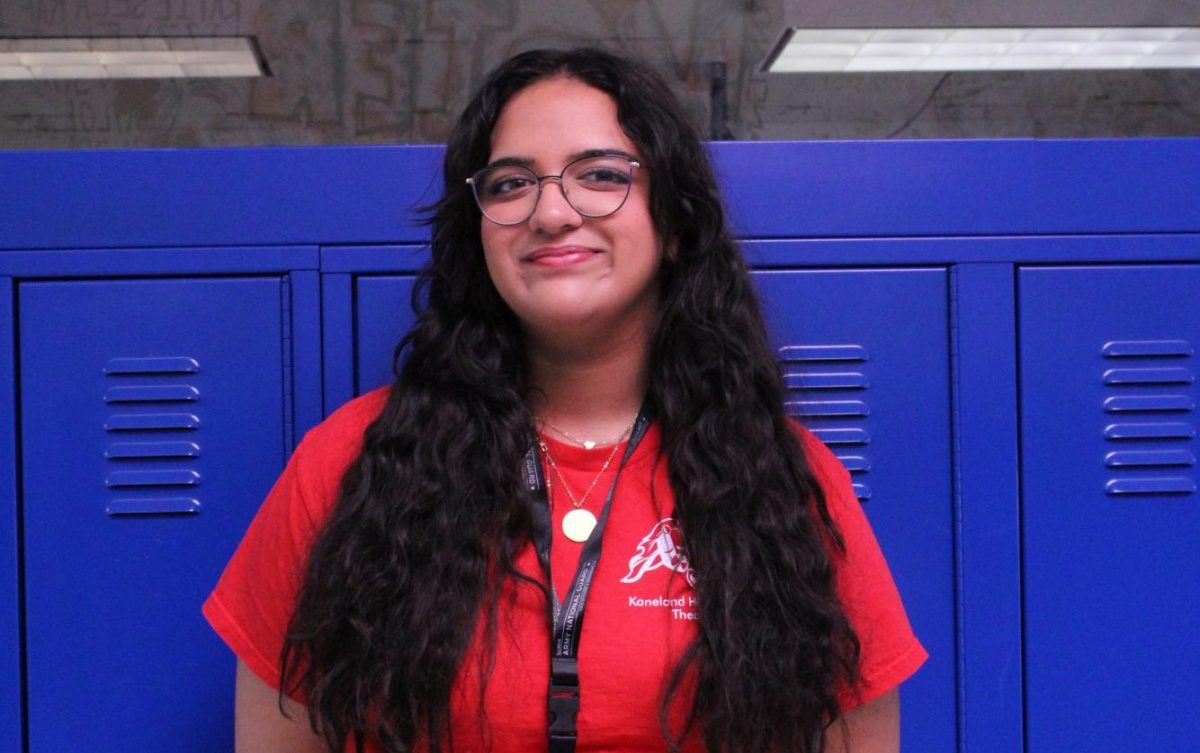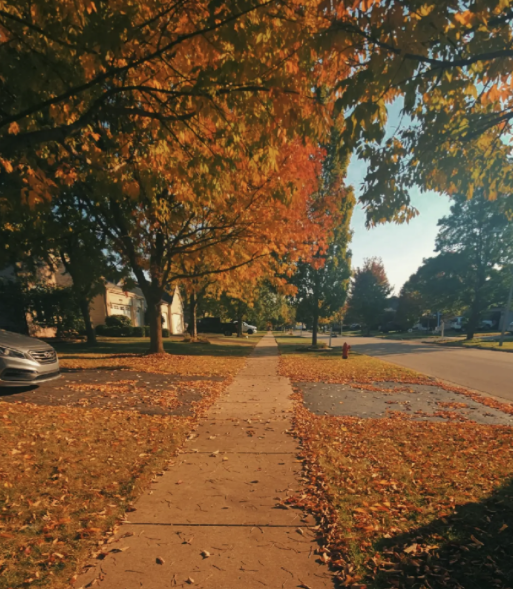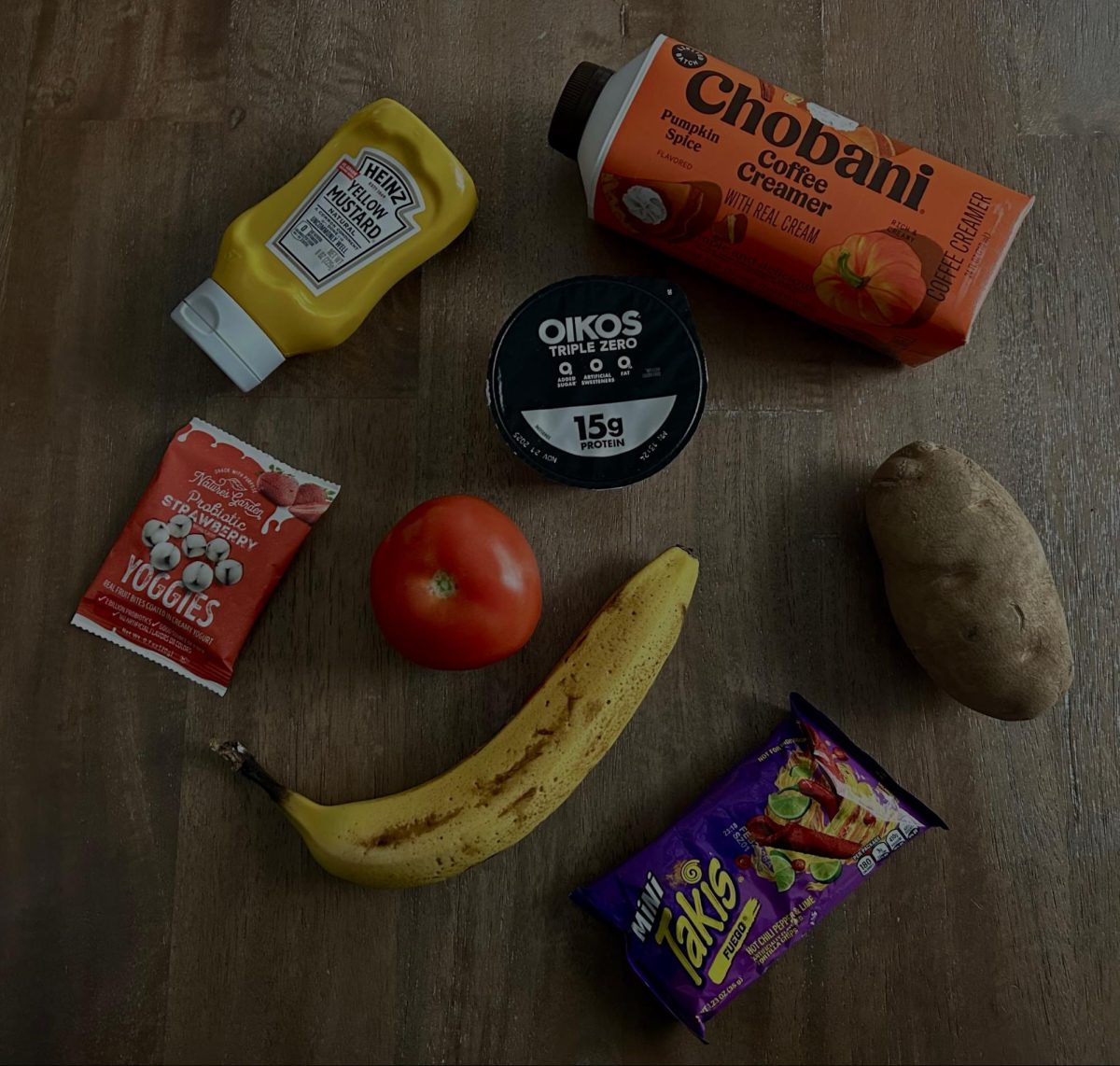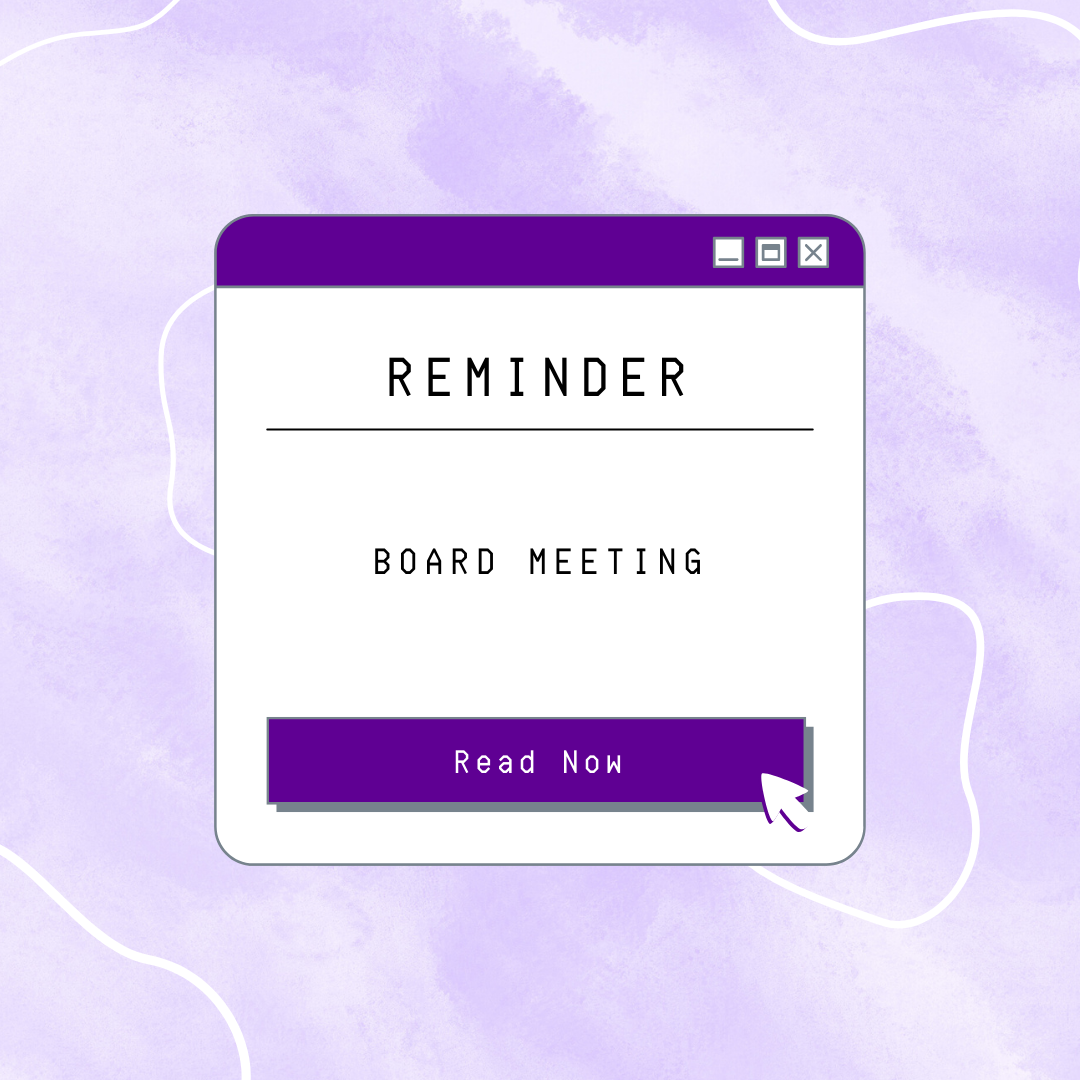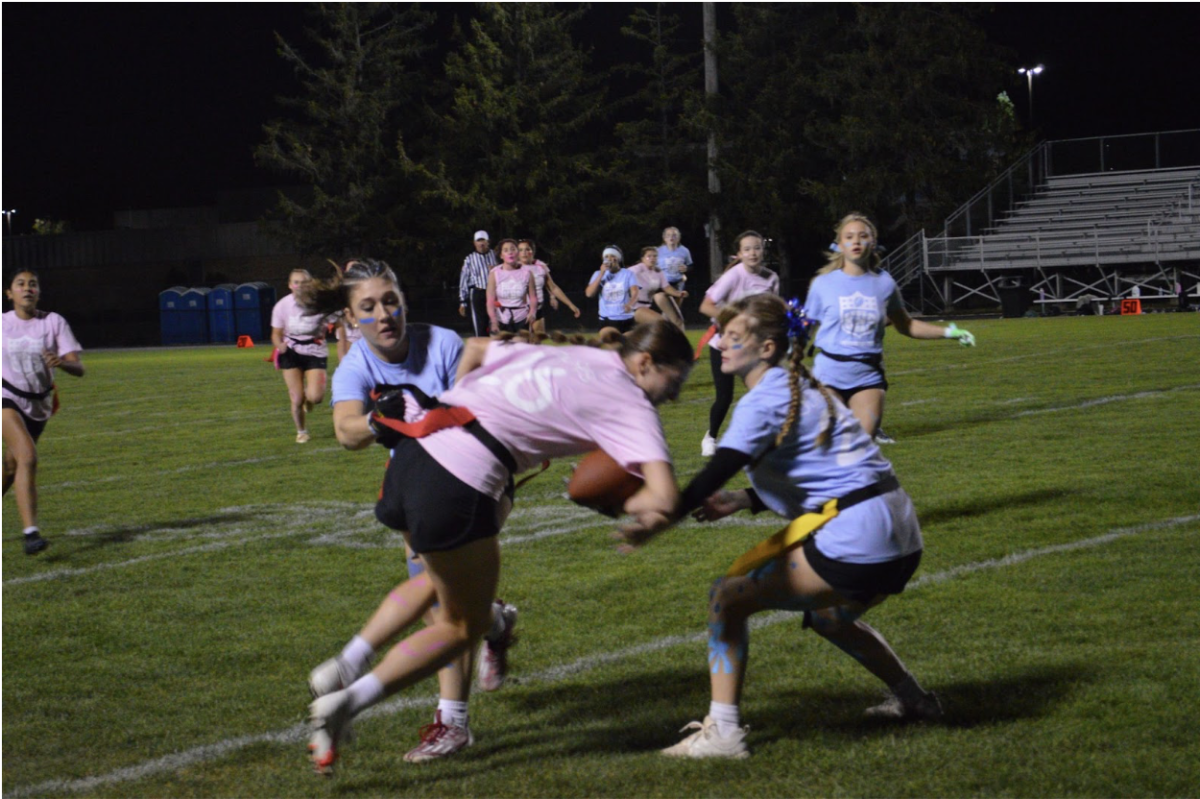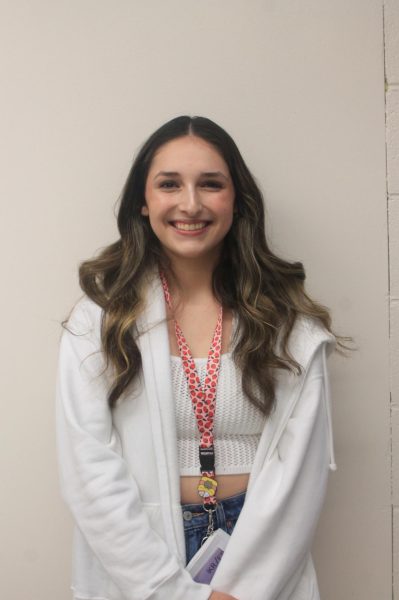All it takes is scrolling through Instagram or glancing at news headlines to know that there are a range of issues plaguing our world right now. Climate change is increasingly evident, gun control is nearly non-existent and there are still a concerning amount of social barriers we have yet to break through. Very little, though, has been solved due to the same voices expressing the same opinions. It is time for younger generations to get involved in politics and make the changes we have all been waiting for.
Our political situation is highly problematic. To start bringing change and allowing younger generations to get involved in the political scene, we must first recognize that our country is facing a significant divide.
“There is little doubt that political polarization is significant in the United States,” Aurora University Political Science and Public Policy professor Dr. Mark Petersen said. “The issues we struggle with are difficult to solve, and we live in a complex and changing society. [Even though] division and conflict are always with us to some extent, change, progress and improvement are as well.”
The polarization of our country reflects the growing rage between political parties. But despite that rage, there is also hope for finding peace. And with peace, things can improve.
The path towards improvement runs through younger voices. According to a 2019 Pew Research Center article, “Gen Z and the Millennial generation say the government should do more to solve problems. Still, most older generations would like to see a less activist government.”
With older generations not wanting to see a lot of change, it shows that our generation is on a different path to progress than what the people before us viewed as growth. We are all relatively young and have grown up watching older generations make decisions for us. We are watching as climate change destroys our world, becoming an international emergency. Yet we still see human nature move us backwards in an environmental sense.
But setbacks only make for more significant reasons to get involved. Change can happen on a national or even local level.
Sophomore Steven Maxwell, for example, is an activist speaking out against Crown Development’s proposed community that includes warehouse developments in Sugar Grove because he doesn’t want to grow up in an environment that isn’t enjoyable.
“It is important for kids to speak up because if we didn’t have the kids and it was just adults speaking, kids that are growing up in the area and the environment won’t enjoy it as the older generation will move on,” Maxwell said. “These warehouses will still be here forever.”
Getting involved at the local level is what Petersen, the Aurora University professor, mentioned when he stated that we can improve and change. Maxwell is getting involved in Sugar Grove because he sees something he wants to change and is making a difference.
Teen voices are vital. Gen Z alone has cultivated thousands of activists who have united over concerns with climate destruction, gender inequality and a lack of LGBTQ+ rights. Without our voices, there wouldn’t be consideration for the future. Many adult voices aren’t thinking about the long-term because they won’t be dealing with these problems for as long as younger generations will. We are the last resort.
Even though it seems obvious that we need to make changes, many scary things are happening in the world right now. There is constant coverage of wildfires, mass shootings and war-torn countries. Younger generations are being exposed to the world’s corruption at earlier ages than before. A lot of Gen Z’s anxiety comes from being exposed to the news on the internet. This is something that we have seen our whole lives, which other generations haven’t dealt with to the same degree. We see every terrible thing happening, and it can be highly damaging.
But even though younger generations are hearing these things constantly, they need to be heard because you can’t always live in ignorance. Knowing what is happening in your community, state and country is essential, a sentiment shared by government teacher Jessica McNally.
“I think that knowledge is power to everybody. The more you know, the more informed decisions you can make,” McNally said. “Now, of course, there are things that a small child doesn’t need to hear or know about. But I think that once we get students at the high school level, there’s not really anything I would personally feel the need to shelter them from.”
Younger generations need to get involved in what is happening around them because if they don’t, then who will? Getting involved doesn’t necessarily mean making extreme political moves. You can take smaller steps like joining a campaign for your favorite politician or voicing your opinion on social media.
“And, of course, vote. Or early vote. But just vote,” McNally said.



